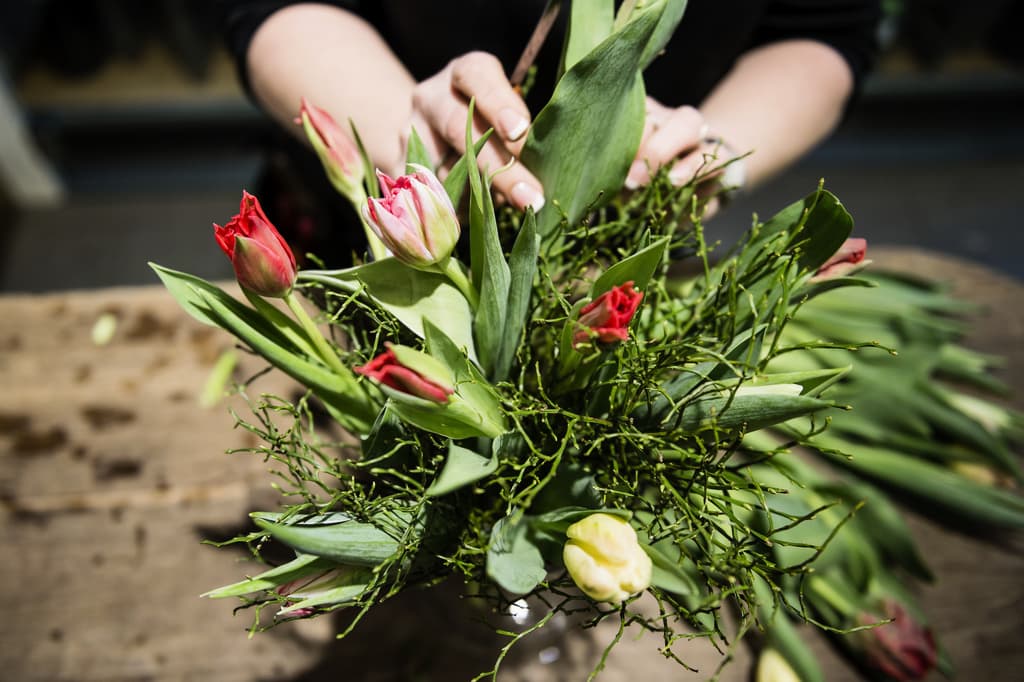It may become scarce with tulips in the trade next year. Large harvests have been washed away – and now Swedish growers are warning that spring bouquets risk becoming both smaller and more expensive.
It's clear that there will be tulips in the stores, but maybe not to the extent we're used to, says grower Björn Lagergren.
The colorful tulips that emerge when the spring winter light returns to the Nordic region begin their journey more than a year earlier. Then, the bulbs are planted on the Dutch fields, to then bloom, be cut down – and shipped to Sweden.
But last autumn, large parts of the fields were under water and only a fraction of the bulbs were planted. When May also rained away, the disaster was a fact.
The drop that made the cup overflow
The rain was the drop that made the cup overflow, says Björn Lagergren, CEO of Lagergren's trade garden, who visited the Dutch tulip fields in May.
Now, he, and the trade organization Blomsterfrämjandet, are warning that they will not be able to produce as many tulips as usual.
Some fields gave no harvest at all, and others were at around half of what is normally harvested, says Lagergren.
How it will affect the Swedish market is too early to say, but tulips may become somewhat more expensive. In Sweden, between 145 and 150 million tulips are grown every year. This year, growers are counting on a decrease of 10-20 percent, which means there may be significantly fewer bouquets in the stores.
Large bulbs affected
The large bulbs are the hardest hit, so now smaller bulbs are being planted instead. They may not be worse, but the flowers won't be as powerful, says Lagergren, who has grown tulips for nearly 40 years.
He doesn't believe there will be a major price increase on the popular spring flowers.
As I know the market, it won't be possible to buy in extremely expensive bulbs, those that are primarily exported to China and the USA, where there is a completely different price picture than in Sweden. But at the prices our consumers are used to, we have a hard time getting the volume together, he says.






